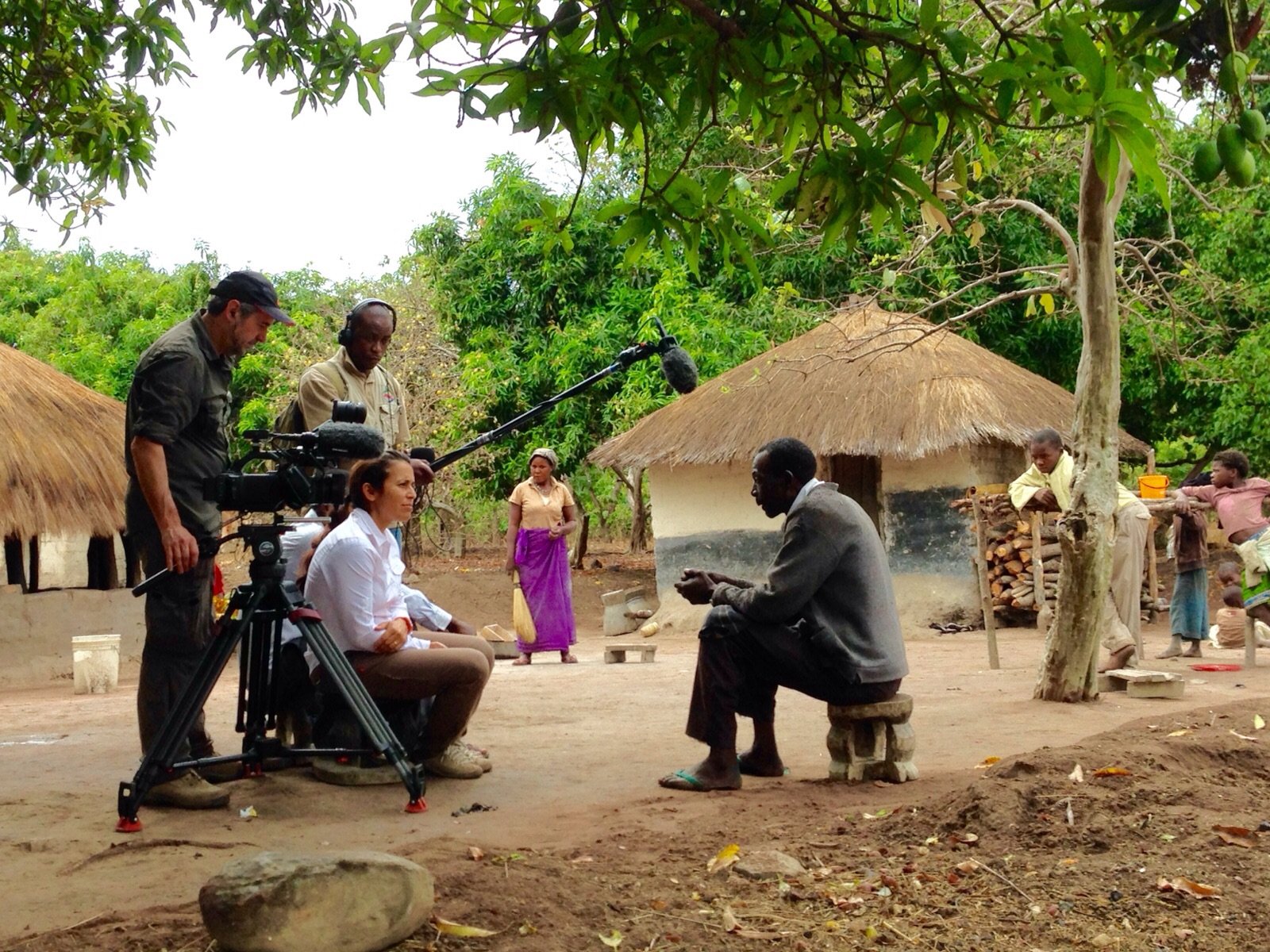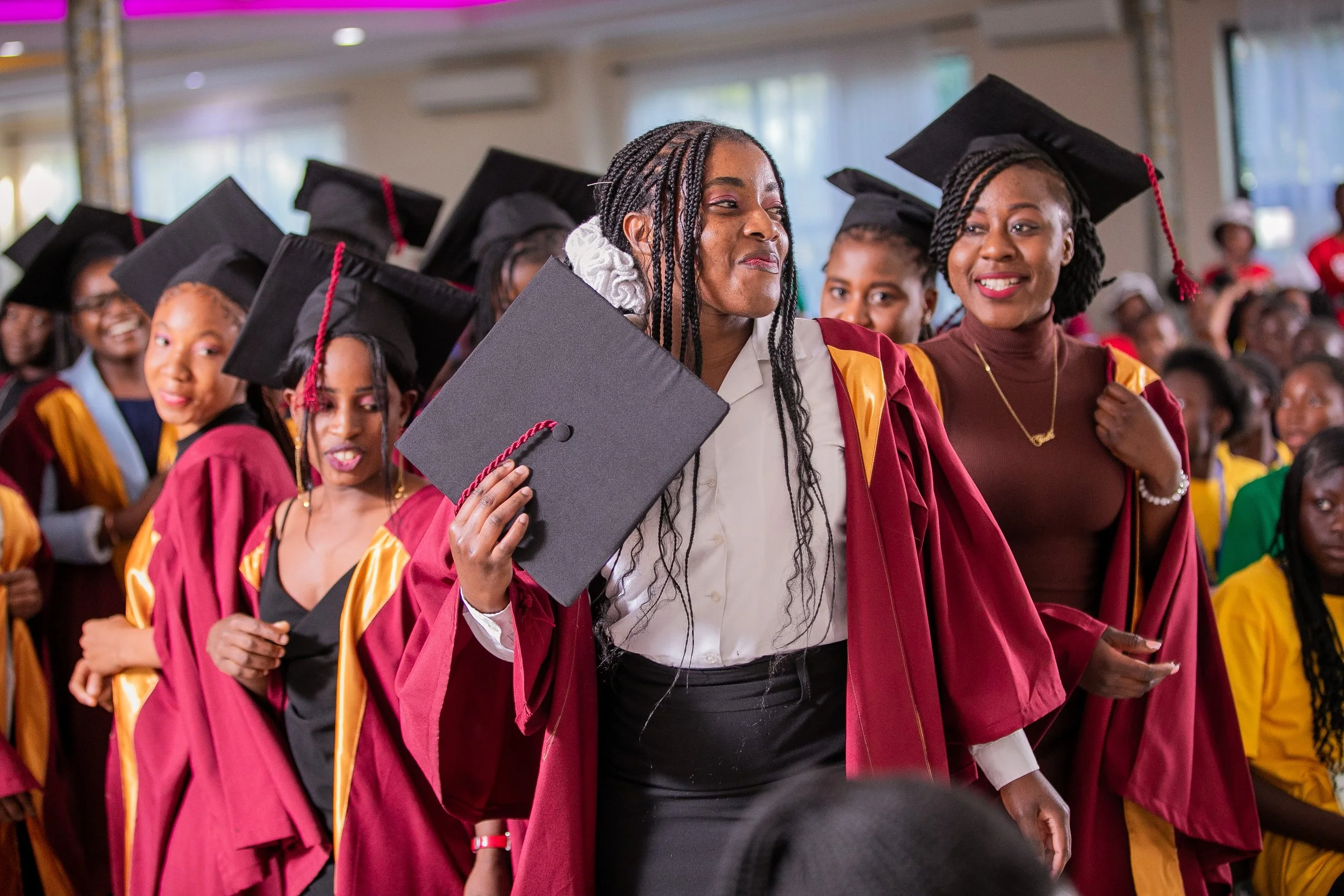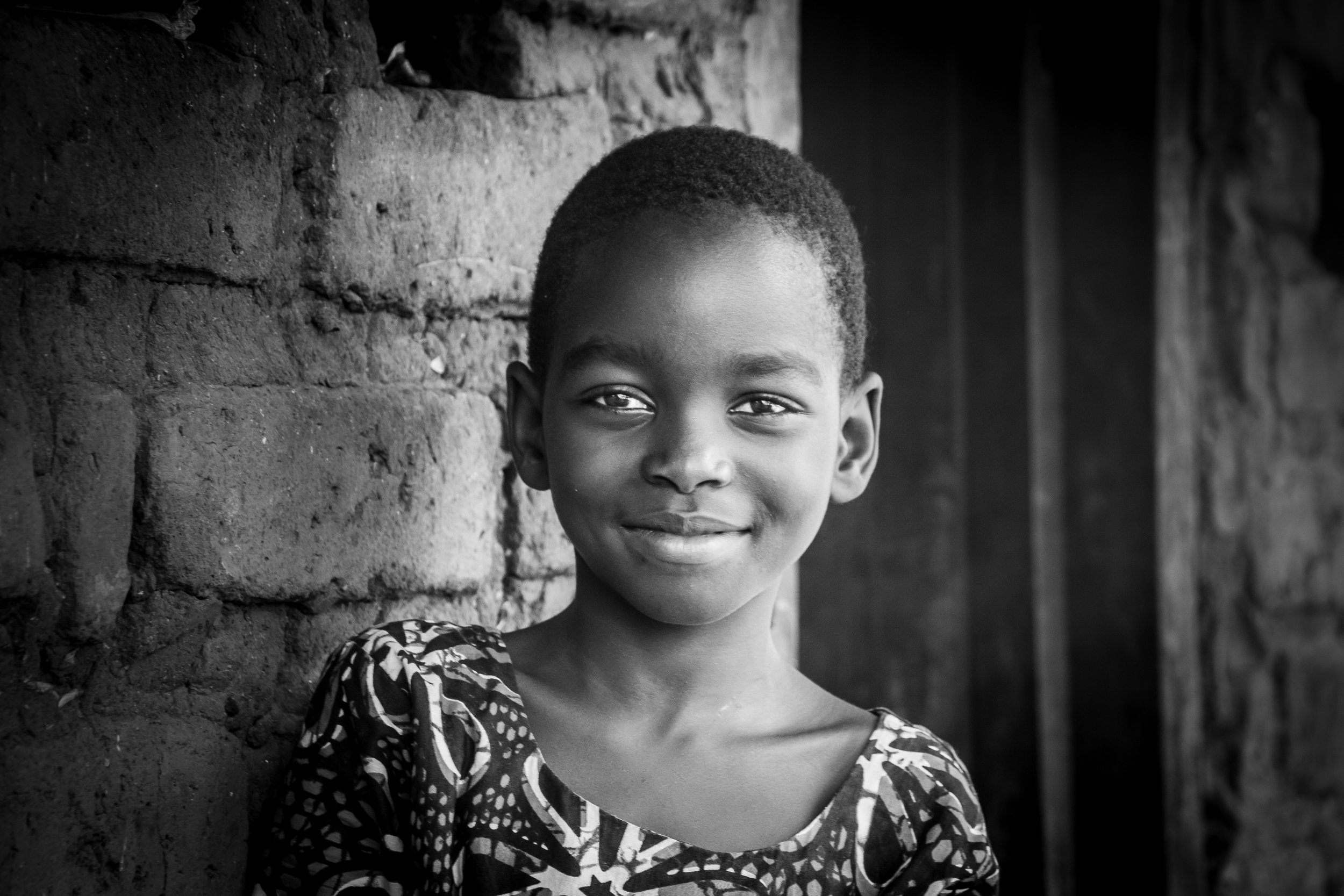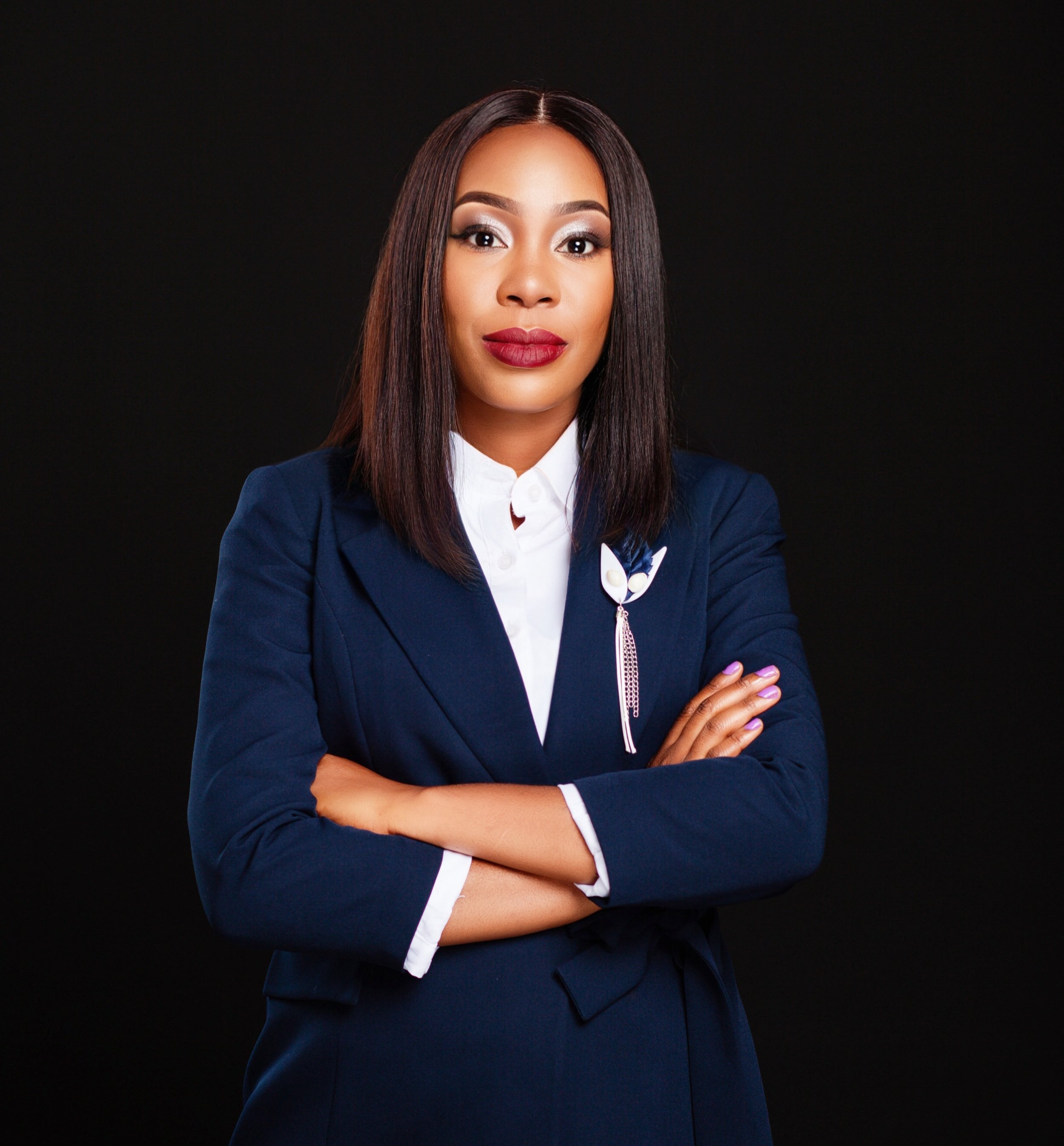Our Inspiration
It all started with a personal story
Be That Girl Foundation was born out of Cornelia Gantner’s documentary feature That Girl. The film tells the story of Gladys, a young woman from Zambia, and her Swiss husband Thomas, as they set out to build a farm and a secondary school in a rural community in Zambia. The school will give girls in particular the chance to continue their education and dream of a better future.
Filmed over a period of five years, the documentary follows the work of the young couple as their dreams clash against the real difficulties of driving change on the ground.
Encouraged by the enthusiastic response to her documentary, Cornelia decided not to leave the subject only to the big screen, but founded BTG to provide girls and women with concrete support to achieve self-determined lives.
OUR MISSION
To empower young women through holistic support systems that help them lead self-determined lives.
Hear from our founder Cornelia Gantner how BTG started and her vision for the future of the foundation.
Our Vision
-
Through scholarships and mentoring, we help young women and girls stay in secondary school, graduate, and pursue post-secondary education.
-
We offer training in leadership, financial literacy, career readiness, and essential life skills to enhance girls’ work-readiness and self-determination.
-
Young women will have stable income through opportunities that build independence and pathways to employment and entrepreneurship.
-
By equipping them with education and skills, we enable young women to uplift their families and become changemakers in their communities.
By 2030, Be That Girl will have helped thousands of girls and young women to:
-
Alumni pursue diverse careers and leadership roles across society.
-
Young women lead by example and inspire others through their journeys.
-
By breaking barriers, they challenge stereotypes and shift perceptions about women’s roles to create more equitable societies.
-
Alumni support the next generation through mentoring and role modeling, driving local change and tackling community challenges.
-
As leaders and role models, our alumni inspire change within their families and communities, creating great ripple effects.
Be That Girl alumni will be:
WHAT WE DO
BTG is a foundation dedicated to supporting women in their journey to self-determination through both local partnerships and its own initiatives. We collaborate closely with local organizations, adapting to their realities while encouraging innovation and filling gaps.
We provide holistic support to girls and young women from secondary education to post-secondary pathways, focusing on scholarships, mentoring, skills training, and community-based support systems.
We empower partner NGOs with resources and training in areas like mentoring, budgeting, and MEL, while also influencing the wider impact ecosystem through evidence-based knowledge and advocacy, increasing support for female self-determination and fostering impactful alliances.
CORE BTG VALUES
-
We strive for our work to be led and inspired by the experience of local leaders and communities, and of the girls we serve.
-
We aim to always be responsive to the participants and placing their needs and agency at the center of everything we do.
-
We promote comprehensive approaches that address multi-faceted challenges.
-
We help each girl achieve her own vision of self-determination by adapting approaches as needed.
-
We are committed to continuous learning and improving impact by investing in MEL and leveraging findings to adjust programmes.
-
We are willing to take risks to foster innovation and committed to filling gaps in the ecosystem not just as grant-makers but also by implementing BTG’s own initiatives.
-
We strive to create meaningful connections among beneficiaries and alumni that can lead to life-long peer-and inter-generational support.
-
We are committed to helping each girl achieve her vision for a self-determined life, supporting her long-term through different stages as needed, rather than reaching as many beneficiaries as possible.
WHAT IS SELF-DETERMINATION?
Self-determination is the power to shape one’s own life through personal choices and individual goals. It is our core focus and we are committed to helping each girl achieve her own vision thereof. We do this by providing flexible, adaptable, holistic support throughout a girl's entire journey, rather than funding just one part of it.
Our exit strategy focuses on the success of each girl.
Our beneficiaries
We aim to reach disadvantaged girls and young women in low-income countries
Adolescent girls and young women navigating the transition to womanhood are especially vulnerable to harmful practices such as early marriage, gender-based violence, and early pregnancy. They are often on the cusp of making life-altering decisions, such as whether to drop out of school or pursue higher education and employment outside the home. At the same time, they have high potential to learn.
We focus on adolescent girls and young women in low-income countries, particularly those from disadvantaged backgrounds - whether due to poverty, living in a rural area, cultural norms that penalize women, or crisis situations such as living in refugee camps and conflict zones.
Through education, mentorship, life skills, and support to access dignified employment, we help them reach their full potential and become changemakers in their communities.
Our impact
170,000+
lives transformed (direct and indirect beneficiaries in 2024 alone)
VET scholars - enrolled and supported in Vocational Education, Diploma & Training programs (2022-24).
300+
NGO partners over 2021-24
11
University scholars – Young women successfully pursuing higher education at university level (2022-24).
93
7
Countries currently served (Afghanistan, India, Kenya, Malawi, Mozambique, Rwanda and Zambia).
1,500+
Active mentors providing invaluable life skills and guidance sessions (2022-24).
Secondary school scholars – Young women supported to complete secondary education (2022-24).
600+
5,842
Children supported to receive quality childcare through Mobile Creches in India (2022-24), helping over 2,000 working mothers.
Annual Reports
Download our annual reports here to learn more about BTG’s partnerships, impact, successes and challenges.
Youths in Afghanistan reached with Back-To-School, Youth Leadership and Skills Development programs through Skateistan (2023-24)
1,792
Youths in Cambodia, South Africa and Jordan supported to take part in sport, life skills and social support programmes through Skateistan (2021-2023).
7,405
Our TeaM
-
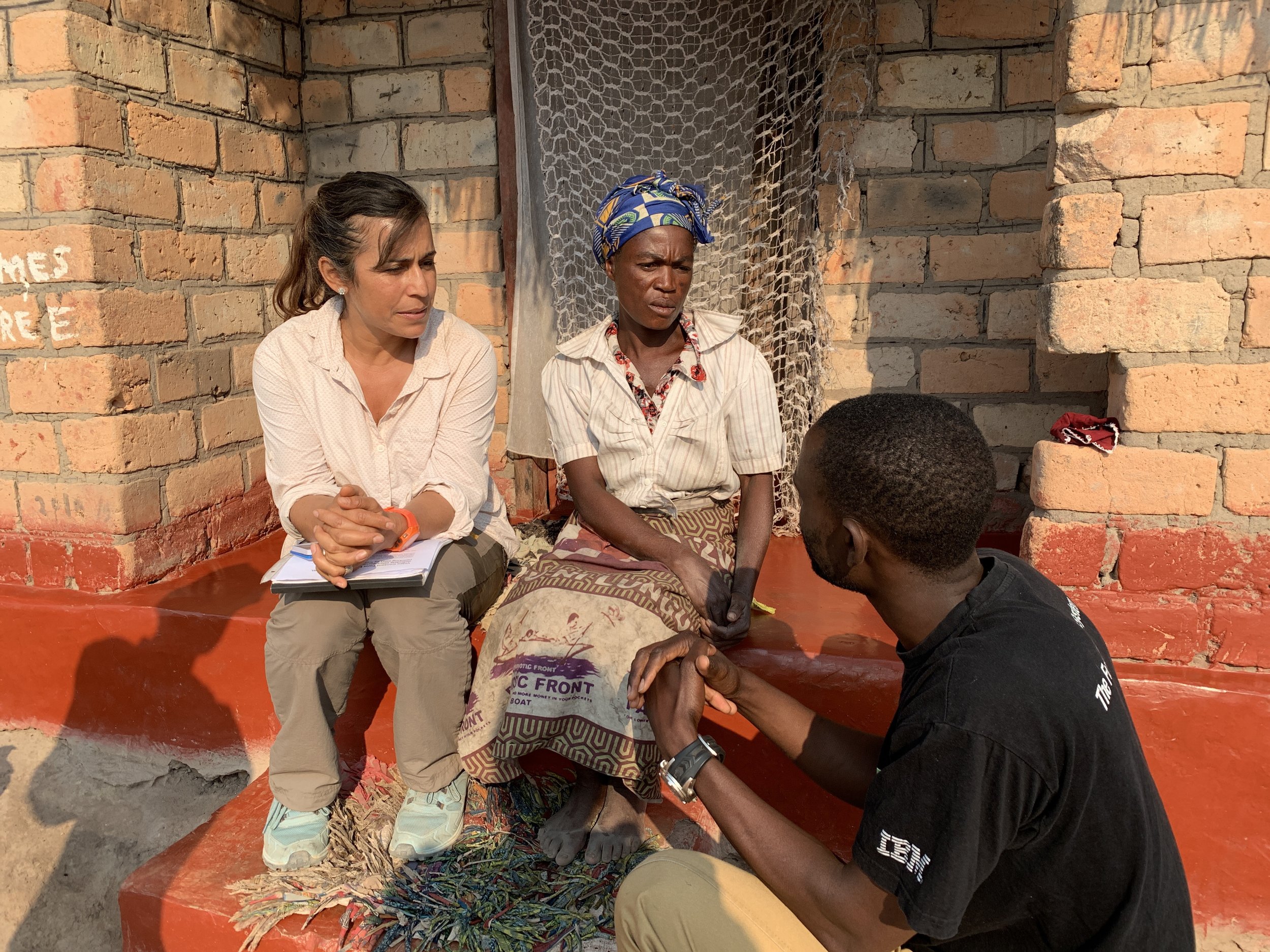
Cornelia Gantner
FOUNDER
From the movie “That Girl” to Be That Girl Foundation, Cornelia is creating a global movement to advance women self-determination.
-

Sarah Furrer
BOARD MEMBER
Sarah is a senior social development and gender equality specialist with over two decades of experience in Africa, the Middle East and Asia.
Read an interview with Sarah here.
-

Saraja Gantner
BOARD MEMBER
An architect by trade and currently doing her MSc in City Design and Social Sciences at LSE in London, Saraja is passionate about advancing women empowerment for the next generation.
Read an interview with Saraja here.
-

Ottavia Pesce
CEO
Ottavia leads the Foundation’s strategy and operations, ensuring BTG achieves its vision of helping women live self-determine lives in the most impactful and efficient way possible.
She is passionate about contributing to a more equitable world and helping women realise their full potential.
Before this role, she worked as economist for the United Nations in Africa and the Middle East.
-
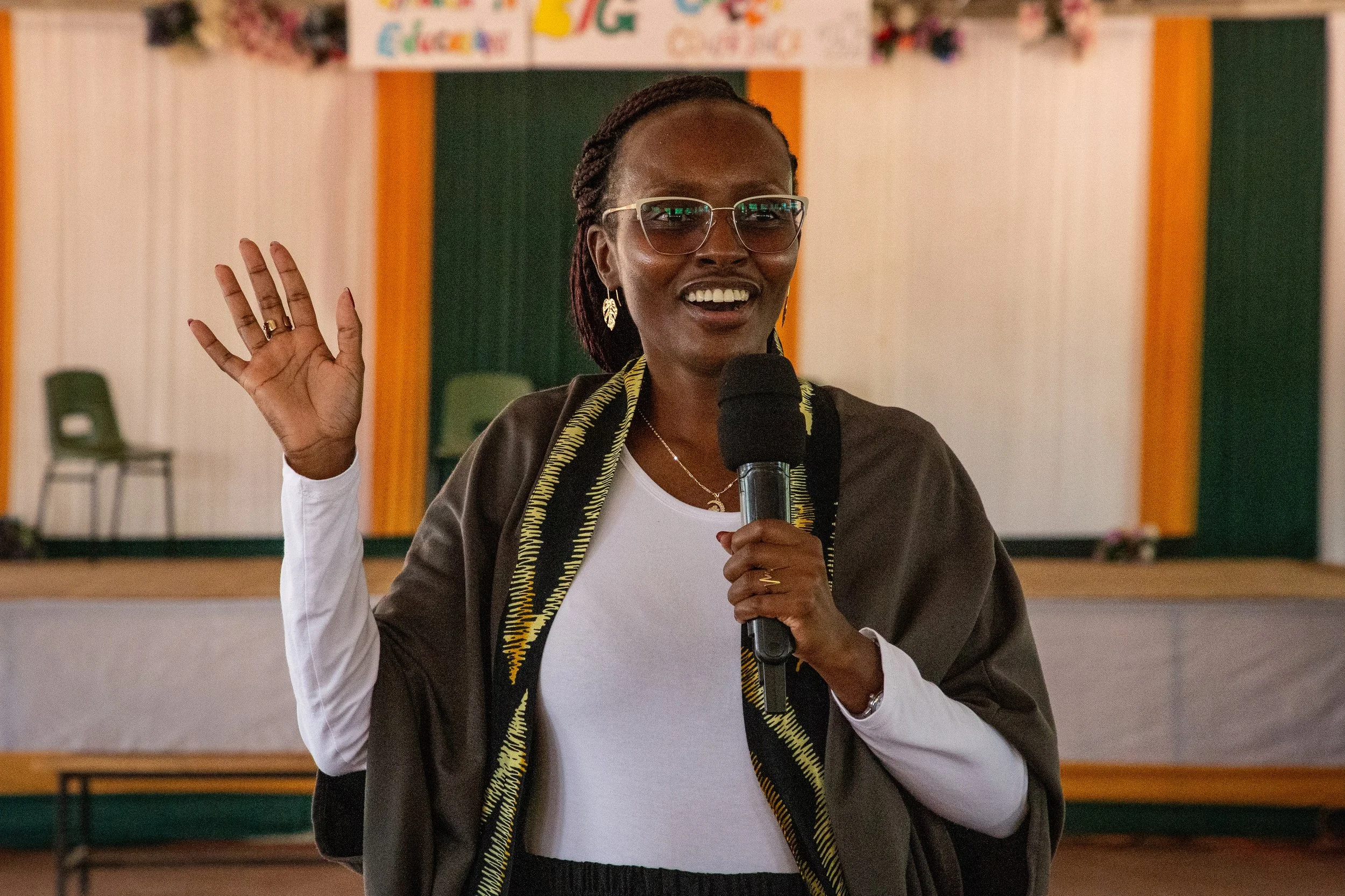
Trizah Gakwa
DIRECTOR OF PARTNERSHIPS AND IMPACT
Trizah is a Gender Specialist with years of experience in girl-centered programming, non-profit leadership and strategic partnership building. Before joining BTG, she held different roles at Freely in Hope for six years with her last position as Africa Regional Director. She envisions a world in which the hopes, dreams, and voices of women and girls drive the solutions to the challenges they face.
Read an interview with Trizah here.
-
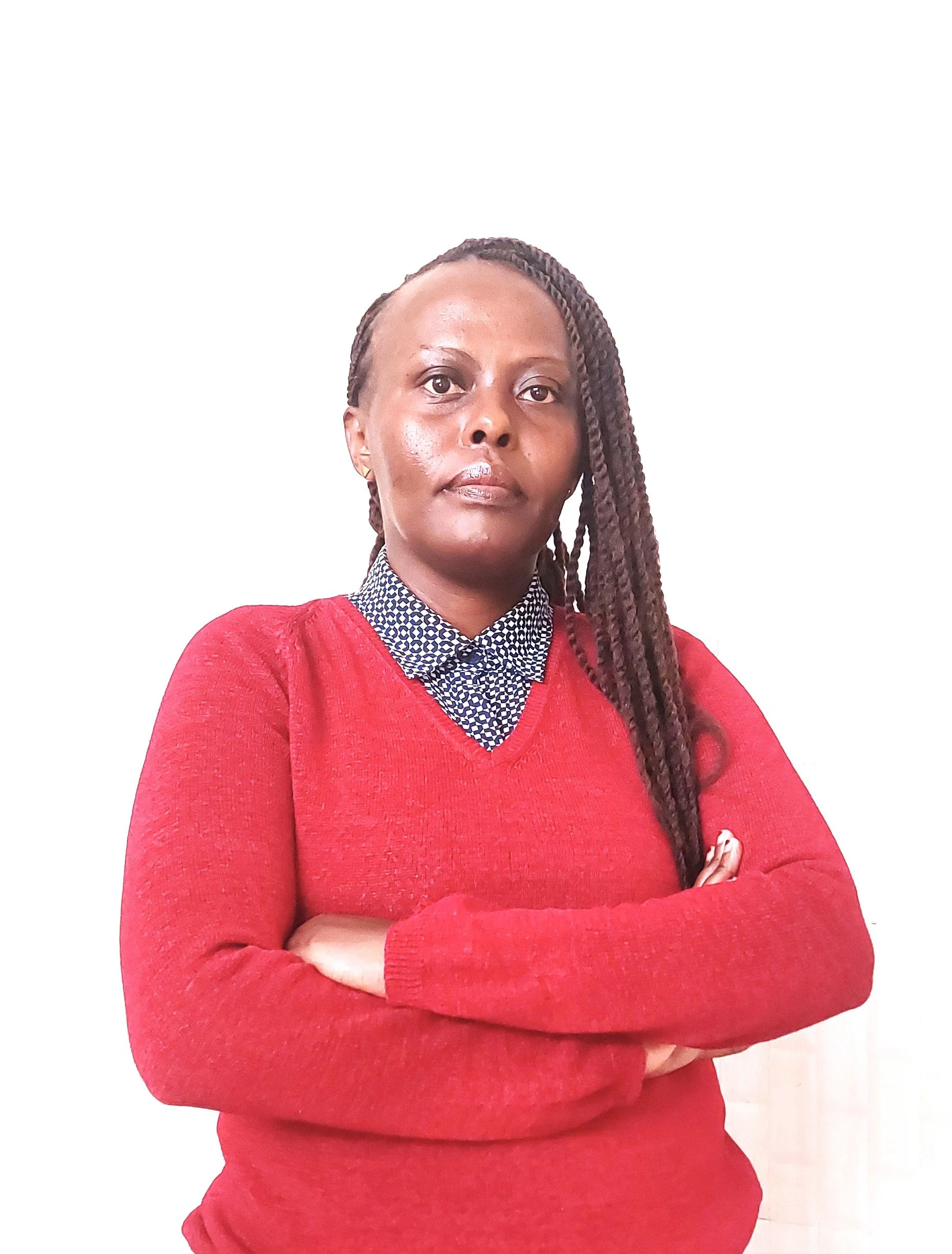
ESTHER WAMBUI
MEL SPECIALIST
Esther is a Monitoring, Evaluation, and Learning (MEL) Expert focused on research, data analytics, sustainable development, and program impact strategy. Before joining BTG, she supported USAID-funded programs, where she drove evidence-based decision-making to enhance results and learning across development initiatives.
-
Gift Mwansa Musenga
BTG PATHWAY CENTRE MANAGER
Gift is a Gender and Development Specialist with 11 years of experience in youth-centered programming, gender equality initiatives, and community development. Before joining BTG, she held various roles across multiple organizations working on USAID-funded programmes, contributing to inclusive, sustainable interventions that empower youth, advance gender equity, and strengthen communities.
-

Henriette Kolb
SENIOR ADVISOR
Henriette leads the Sustainable Infrastructure Advisory (SIA) Group at the International Finance Corporation (IFC), a member of the World Bank Group. Previously, she led the Gender and Economic Inclusion Group at the IFC and was the CEO of the Cherie Blair Foundation for Women.
Read an interview with Henriette here.
-

Dr. José Carbajo
SENIOR ADVISOR
José is an international development expert with 30+ years of experience in academia (University of London); international financial institutions (EBRD and World Bank); supra-national institutions (European Commission); and the private sector (Frontier Economics Ltd).
Read an interview with Jose’ here.
-
PAULINE KOELBL
SENIOR ADVISOR
Pauline is Founder and Managing Partner of ShEquity, a gender-smart investment firm dedicated to closing the gender funding gap in Africa and driving systemic change. Pauline’s passion for inclusive growth and sustainable development is at the core of her work. Having lived across three continents (Africa, Europe and North America), Pauline is strategically well positioned to serve as a bridge between the global south and the global north.
Read an interview with Pauline here.
-
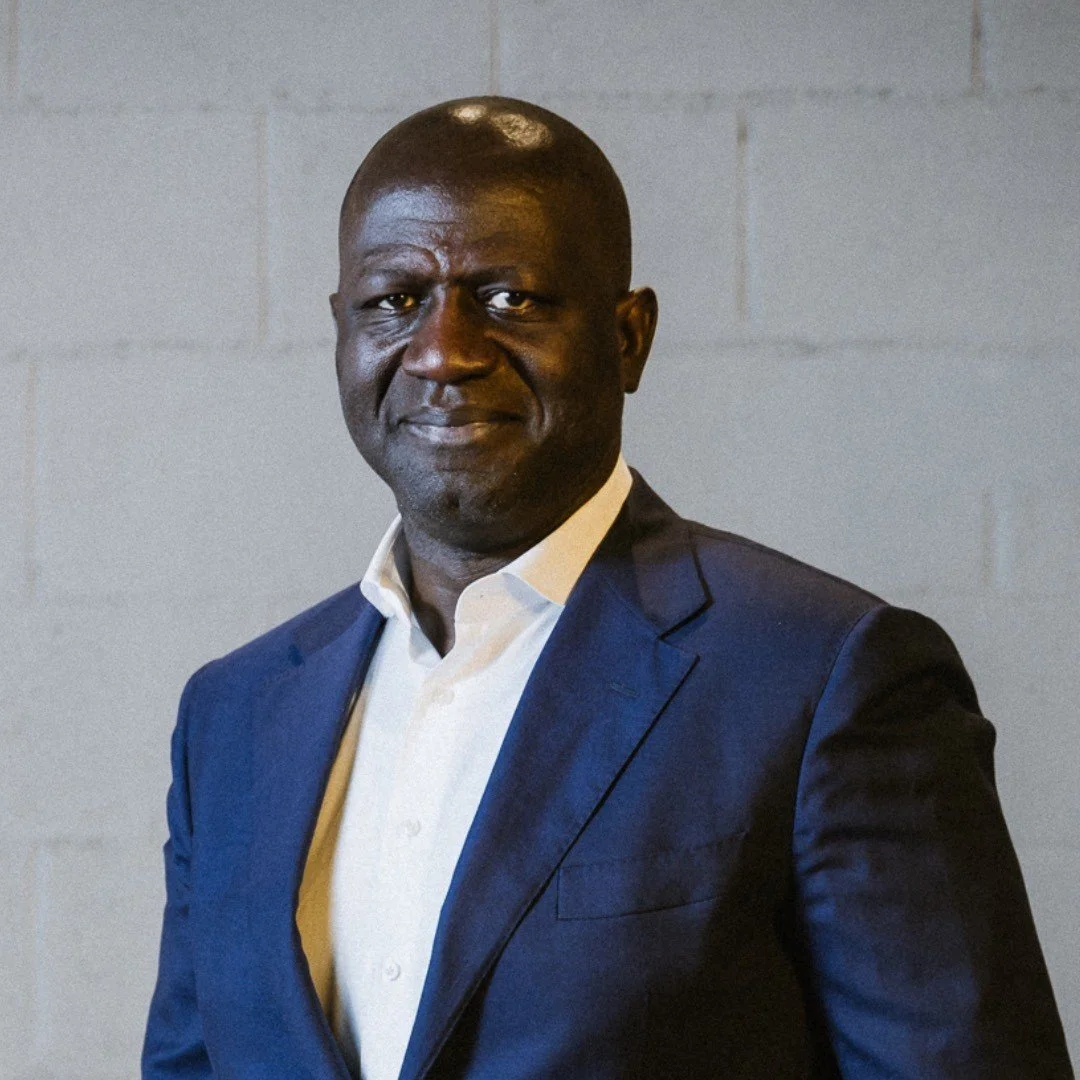
Carl Manlan
SENIOR ADVISOR
Carl Manlan is a development practitioner and thought leader driving financial inclusion and human sustainability across emerging markets. He is Chief of Partnerships and Business Development at AGRA and was previously COO of Ecobank Foundation.

